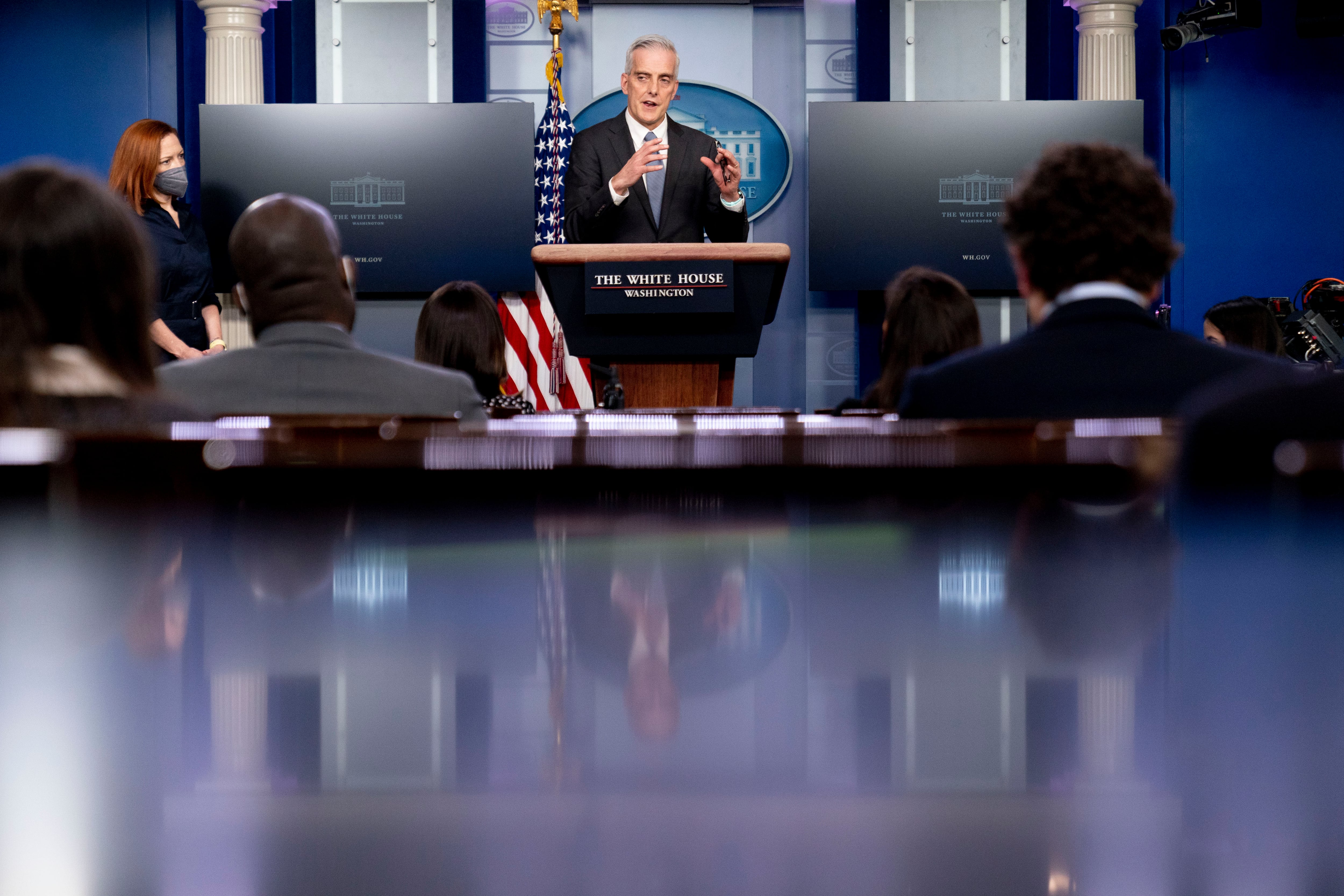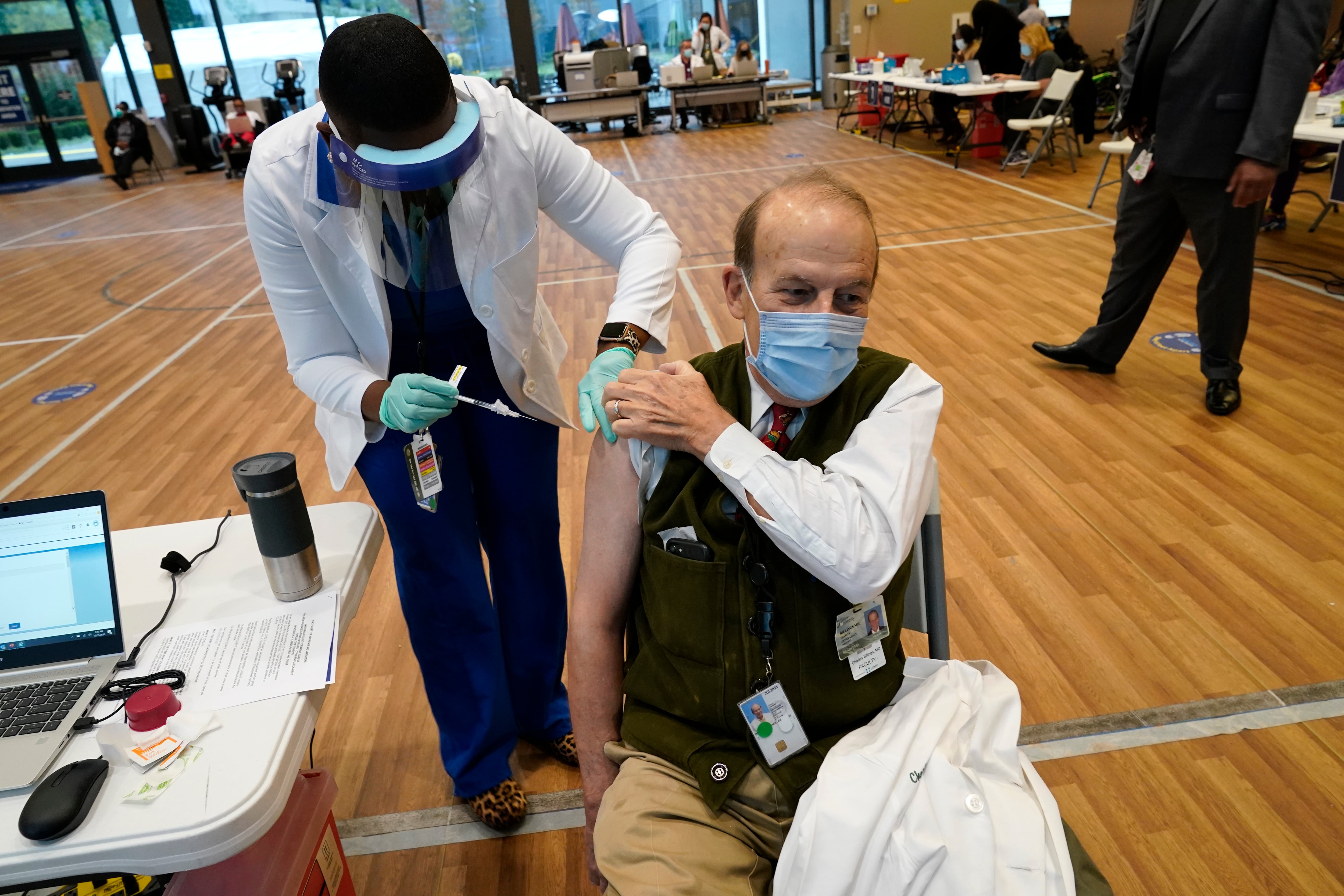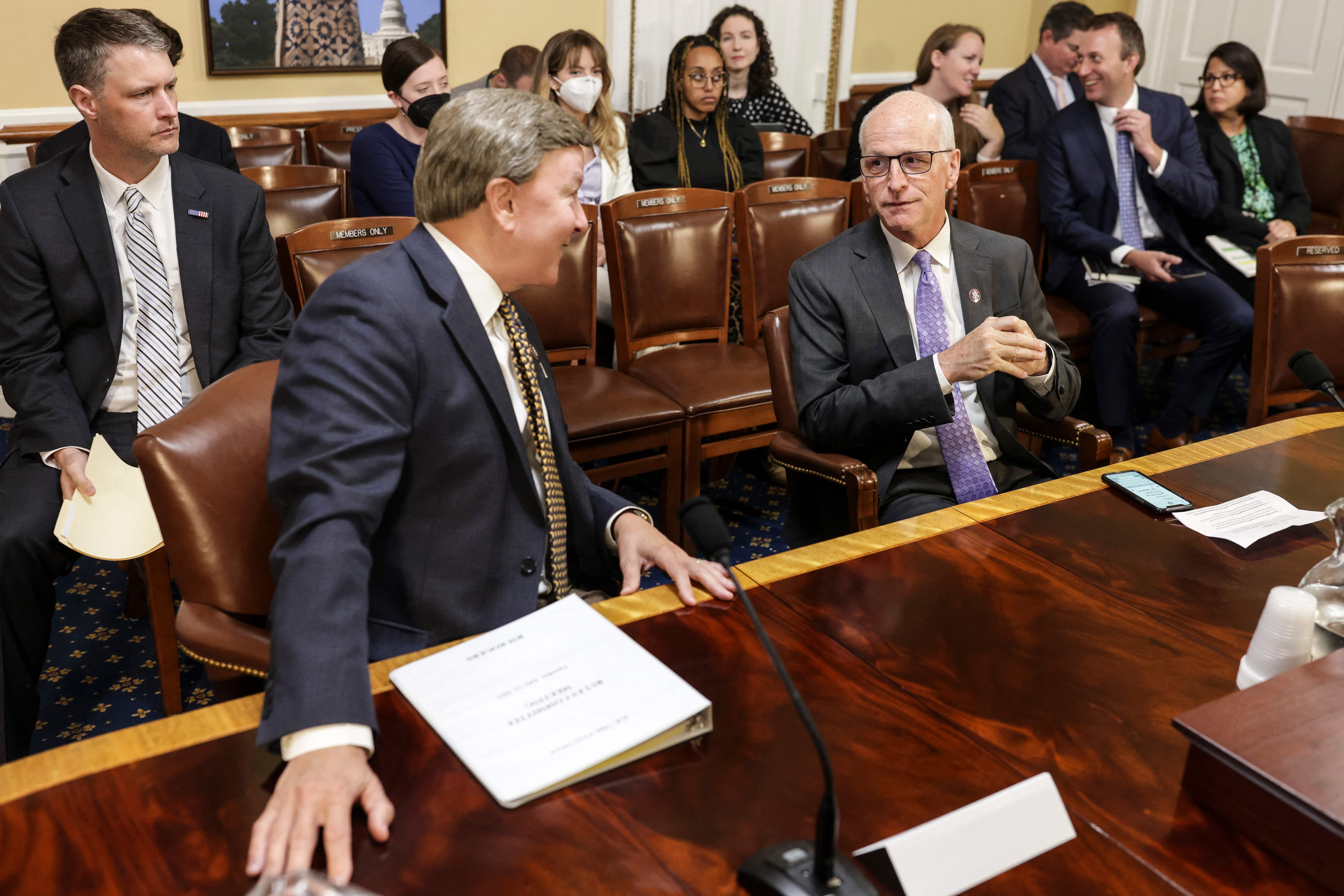Veterans Affairs officials are asking for $270 billion in funding next fiscal year, but it’s billions more in potential spending that raised questions among some lawmakers Tuesday about how large the department’s budget could become in coming years.
“The time has come to ask when VA will be adequately funded,” said Rep. Mike Bost, R-Ill., ranking member of the House Veterans’ Affairs Committee. “Congress must always prioritize veterans. But there is a natural limit to how big any budget can be.”
In their recently released budget for fiscal 2022, White House officials asked for a 10 percent increase in VA spending next year. The proposed VA fiscal plus-up comes alongside funding boosts for numerous U.S. departments, but most of them saw flat growth or cuts during the previous presidential administration.
RELATED

If approved, it would be the largest total for the department in history, up almost 53 percent in the last five years alone. In 2001, the entire VA budget amounted to about $45 billion, about six times smaller than the 2022 request.
The $270 billion total includes just the base budget, covering issues like mandatory benefits payouts and VA health care operations.
On top of that, administration officials are pushing for another $18 billion in spending on hospital upgrades as part of a sweeping $2 trillion infrastructure plan. Another $17 billion was approved earlier this year for VA programs and costs related to the coronavirus pandemic.
And during testimony before the committee, VA Secretary Denis McDonough said that a collection of toxic exposure bills pending before Congress could add tens of billions more in spending in coming years.
All together, the plans could push total department spending well above $300 billion, even as the number of veterans in America has steadily declined over the last decade.
“The budget is up 10 percent, but the problem is the number of veterans using the VA services is not up by 10 percent,” Bost said. “VA forecasts the number of veterans enrolled in the VA will actually go down [in coming years]. I’m not suggesting cutting VA, but the budget growth has to be more in line with demand.”
McDonough defended the spending, saying the money “allows us to deliver high-quality health care and benefits to our veterans at a time when they need it most.”
Spending on caregiver benefits (expanded by Congress two years ago) will add $350 million more in spending this year. Funding for homeless veterans outreach will be up $185 million. Money for expanded services for women veterans, medical staff increases and facility improvements account for billions more.
McDonough noted that the toxic exposures issues — particularly plans to add hypertension to the list of illnesses presumed linked to Agent Orange exposure in Vietnam — will represent “a significant budget outlay” for the department if approved. But he also insisted that officials are looking at the issue from the clinical side, not the cost side.
RELATED

Democratic lawmakers also noted the high costs of both the toxic exposures proposals and the VA budget as a whole, but argued the money is needed to respond to veterans needs.
“There’s no question that as our veteran population changes, VA’s mission must adapt the budget to reflect that,” said committee Chairman Mark Takano, D-Calif. “However, we must have the ability to assess these plans so that we can better assure veterans and the American public and taxpayer dollars are being directed in the most effective and efficient way possible.”
Lawmakers are expected to debate the budget for most of the summer. The new fiscal year begins on Oct. 1, but Congress has missed that deadline on multiple occasions in recent years.
Despite the high price tag, the VA budget is not expected to be a contentious issue among lawmakers. But disagreements over the broader budget goals and priorities could delay passage of the VA money in the months ahead.
Leo covers Congress, Veterans Affairs and the White House for Military Times. He has covered Washington, D.C. since 2004, focusing on military personnel and veterans policies. His work has earned numerous honors, including a 2009 Polk award, a 2010 National Headliner Award, the IAVA Leadership in Journalism award and the VFW News Media award.





